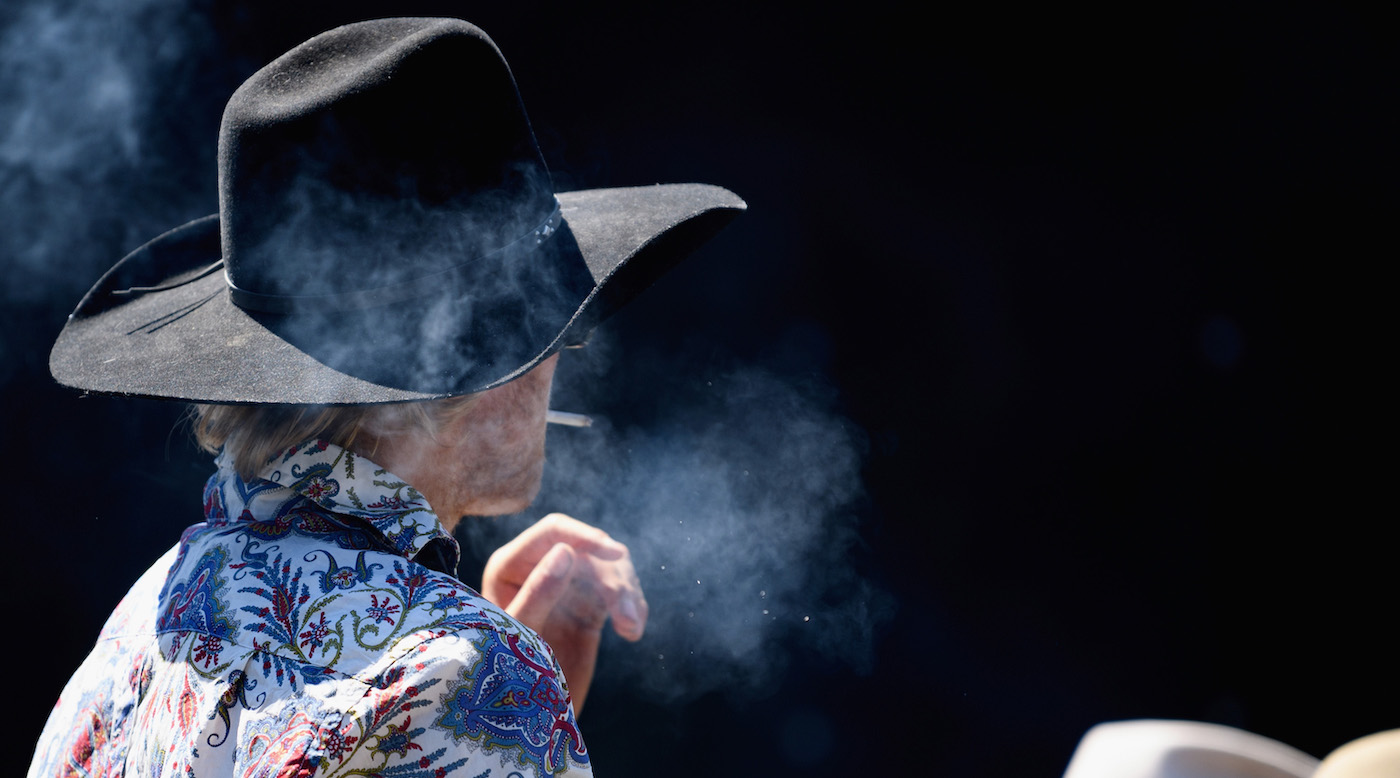New Zealand’s new smoking ban
Anyone born in 2009 or later will not be able to buy cigarettes but there are concerns about a growing black market

A free daily email with the biggest news stories of the day – and the best features from TheWeek.com
You are now subscribed
Your newsletter sign-up was successful
New Zealand will introduce an almost total ban on tobacco sales from next year. New legislation will prevent anyone born after 1 January 2009 from buying cigarettes, essentially raising the legal smoking age every year.
The “radical law” will mean someone who wants to “buy a pack of cigarettes 50 years from now would need ID to show they were at least 63 years old”, said the Daily Mail.
Associate health minister Ayesha Verrall, who has been the “driving force behind the legislation”, reported The Telegraph, said the new rules will mean citizens live “longer, healthier lives” and reduce the burden on the health system. New Zealand authorities hope the new law will help to make the country “smoke-free” by 2025.
The Week
Escape your echo chamber. Get the facts behind the news, plus analysis from multiple perspectives.

Sign up for The Week's Free Newsletters
From our morning news briefing to a weekly Good News Newsletter, get the best of The Week delivered directly to your inbox.
From our morning news briefing to a weekly Good News Newsletter, get the best of The Week delivered directly to your inbox.
As well as changing the smoking age, tobacco products sold will also have a reduced level of nicotine and the number of retailers allowed to sell them will reduce from 6,000 to 600.
Why is it happening?
Verrall said the law will be introduced because there is “no good reason to allow a product to be sold that kills half the people that use it”, adding that the government wants to “make sure young people never start smoking”. As a physician dealing with the impact of smoking, Verrall has “seen it up close”, when treating smokers “struggling to breathe with their damaged lungs”, wrote Dennis Normile at Science.
Smoking rates are already at an all-time low in New Zealand, due to the “hefty tax hikes” and “graphic health warnings” put on cigarette sales, said Time magazine. But the rate of people vaping has increased to 8.3% from 6.2% last year, and the new laws do not impact those products.
The government’s Smokefree Aotearoa 2025 Action Plan “could make New Zealand the first country in the world to achieve smoke-free status”, said Normile. While New Zealand is a “leader” in tobacco control, smoking remains its “leading cause of preventable death and disease”.
A free daily email with the biggest news stories of the day – and the best features from TheWeek.com
Will it work?
In a “world first”, New Zealand will create a “smoke-free generation of people”, said Jane Bowron at New Zealand news website Stuff, adding that it could lead the way for “other countries to follow suit”.
The policy also enjoys large public backing, as surveys suggest “74% of the public supports the 2025 smoke-free goal”, said Normile, while “more than 70% of smokers and recent quitters” also favour further restrictions.
Verrall hopes the plan will save “billions of dollars” as the likes of cancer, strokes, and heart attacks are reduced, as well as creating a “generational change and leave a legacy of better health for youth”, said Time.
However, not everyone is convinced the changes to smoking regulations will work as planned. The bill, passed this week, was opposed by New Zealand’s right-wing ACT party. Brooke van Velden, its deputy leader, said there wouldn’t be “better outcomes for New Zealanders” and many small shops would be adversely affected, saying that regulations were a form of “nanny-state prohibition”.
There are also concerns that the ban would create a “large black market” for cigarettes, said the Mail. Those with vested interests usually “exaggerate” the potential of a black market to “scare off policy makers”, wrote Science’s Normile, and evidence showed “illicit trade” from other countries was not prominent.
He added that “control advocates believe history is on their side” when it comes to smoking regulations. The uptake from other countries after Ireland became the first nation to ban smoking in indoor public spaces shows that “again and again, one country has led the way”, and that could be the same for New Zealand’s new tobacco laws. Already “at least a half-dozen countries are studying tobacco-free generation policies” and a “tobacco endgame” is no longer a “fringe idea”.
Richard Windsor is a freelance writer for The Week Digital. He began his journalism career writing about politics and sport while studying at the University of Southampton. He then worked across various football publications before specialising in cycling for almost nine years, covering major races including the Tour de France and interviewing some of the sport’s top riders. He led Cycling Weekly’s digital platforms as editor for seven of those years, helping to transform the publication into the UK’s largest cycling website. He now works as a freelance writer, editor and consultant.